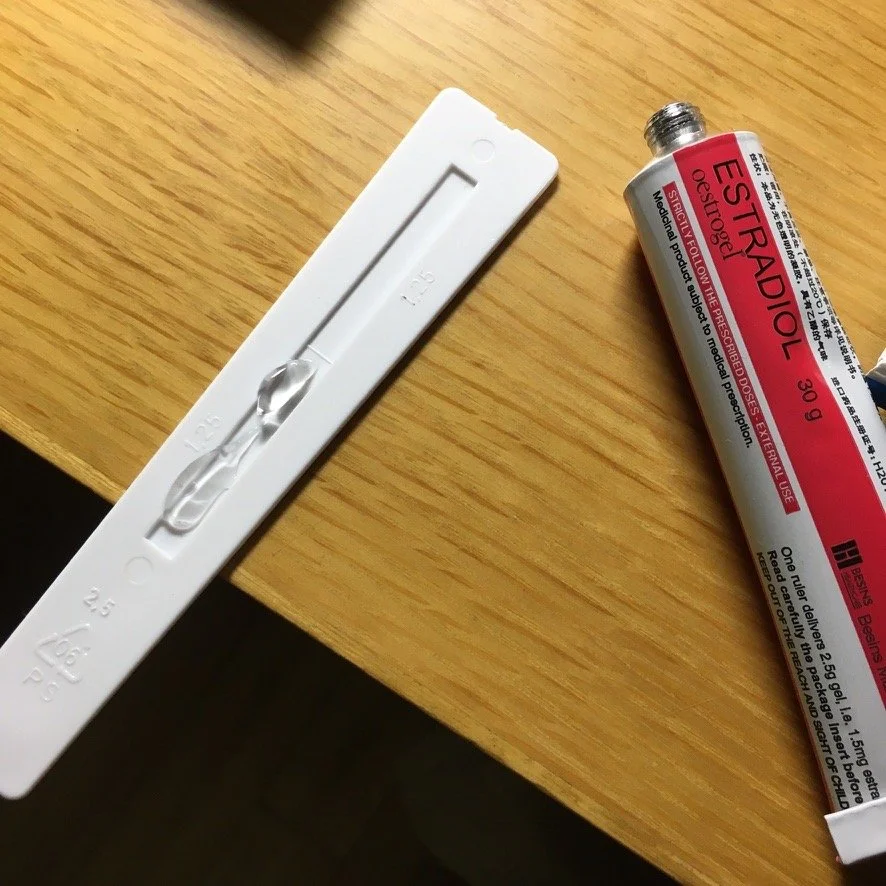Vernacular Endocrinology
How do we understand Chinese trans individuals engaging in DIY hormones (自行用药 zì xíng yòng yào) not as illicit users but as strategic tinkerers and meaningful contributors to endocrinology—the science of hormones and the human endocrine system? I explore this in my new publication in Social Science & Medicine. Please email me if you cannot access the article, and I will be happy to send you a copy.
Wang, Thelma. 2024. “Sex Reconfigured: DIY Hormone Therapy and Vernacular Endocrinology in Transfeminine Communities in China.” Social Science & Medicine: 116956.
DOI: 10.1016/j.socscimed.2024.116956
Abstract: Faced with a restrictive institutional medical landscape, trans people in China turn to DIY (Do-It-Yourself) hormone therapy. While the existing health literature has studied the risks and impacts of informal hormone therapy, little is known about the practical strategies and the embedded meaning-making processes around hormone-taking on the ground. Building on digital and in-person ethnography in two cities in China and semi-structured interviews with eight transfeminine individuals between 2021 and 2022, this article examines the embodied practices and community knowledge of tinkering with hormones. Specifically, I examine the ways that conventional biomedical notions of efficacy and risks are both enrolled and contested to understand bodily becoming in the community sphere of hormone-taking. Closely engaging with biomedical structure, ideas, and knowledge, trans people challenge and reformulate dominant notions of efficacy, risk, and toxicity. A form of DIY hormone literacy was taking shape in the community, informed by the hands-on engagement with medicine, an affinity with pharmaceuticals, and people’s temporal narratives of transition. Throughout these processes, practitioners multiplied the materials and imagination of medicine, reshaped the narrowly-defined biomedical model of sex, and enabled an alternative onto-epistemology of hormonal sex-gender that was amenable to modification and constantly in flux. Drawing from medical anthropology, science and technology studies (STS), and feminist, queer, and trans studies, this article contributes to the conversation on the politics and poetics of sex-gender and embodied knowledge production in the community space.
Photo by Thelma Wang. A tube of estradiol gel with a measuring ruler, 2021.